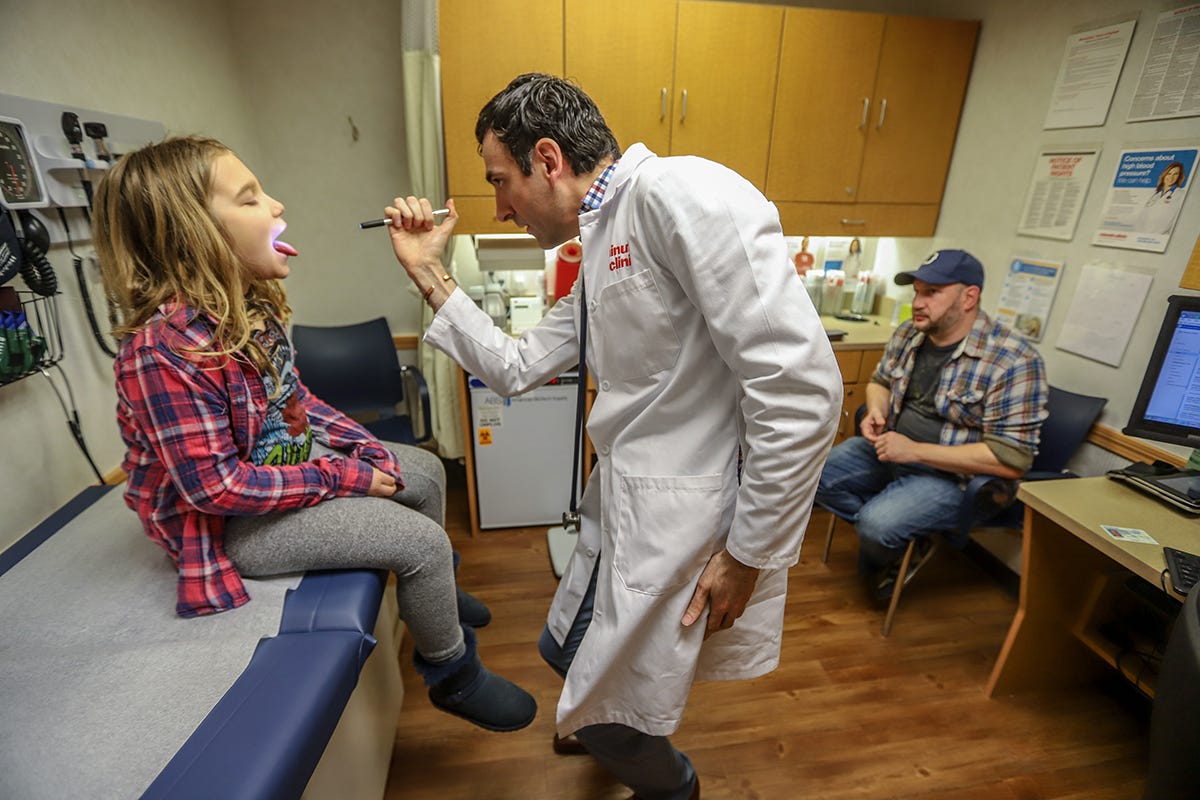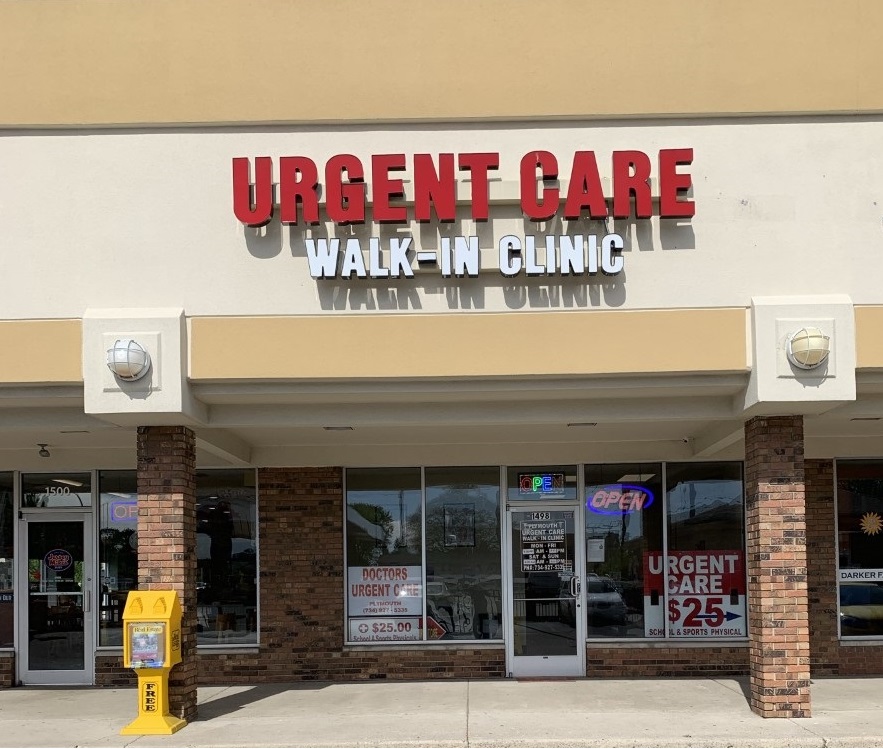The BHUCC is offered to any adult 18+ in the Kansas City City Location. Readily available services include: Psychiatric Assessment & Medication, Nursing Evaluation, Behavioral Health Evaluation, Short-Term Case Management, Referral to Needed Resources, Recommendation to Long-Term Provider, Interim Services if Required 1. Our front desk personnel or Therapist Technician will finish the Triage and Registration process. 2. https://francisconfjy675.wordpress.com/2021/04/29/top-guidelines-of-how-is-an-outpatient-mental-health-clinic-defined-by-new-york/ Our nurse will finish a brief nursing assessment and evaluation present or past medications. 3. Our therapists will finish a quick behavioral health assessment to assess your present requirements and history of behavioral health treatment and then make treatment suggestions (What is a rural health clinic). 4. If required, our Psychiatrist or Nurse Practitioner will finish a quick psychiatric or medication evaluation.
5. Our Outreach Case Manager will meet you to assess your existing requirements regarding resources and referrals. They will assist in linking you to a long-term medication service provider or other behavioral health provider if required. They will continue to supply interim services up until you are gotten in touch with your new service provider.

NYC Health + Hospitals/Bellevue provides extensive psychological health services: Inpatient Outpatient Emergency Our distinguished programs integrate: Scientific excellence Academic scholarship, and Research activities. Our objective is to bring back patients as essential, healthy individuals in their families and communities. Adult Inpatient Providers at New York City Health + Hospitals/Bellevue consist of: Eight inpatient units A 20-bed Medical Cleansing Unit for patients suffering from drug abuse Multidisciplinary care groups consisting of doctors, nurses, social workers, psychological health counselors and activities therapists Customized treatment plans that may include specific, group, and medication therapy. Whenever possible, family members or substantial others are included in the treatment planning.

The Mind-Body Program supplies holistic services to individuals who have medical conditions that can gain from mindfulness strategies. Specialty programs: Extensive Character Disorder Program (IPDP): evaluation and treatment for clients experiencing character disorders Geriatric Psychiatry Center: for persons over the age of 65. Services are offered in both English and Spanish and consist of assessments, drug therapy, individual and group therapy and social services. Bi-Lingual Treatment Program detailed psychiatric services for Spanish-speaking or Chinese-speaking people Psychopharmacology Clinic Encouraging Case Management Program for psychologically ill grownups who are homeless or at imminent danger of ending up being homeless Assisted Outpatient Treatment Program ongoing, court-mandated outpatient services Assertive Neighborhood Treatment (ACT) Program: comprehensive community-based take care of people with an extreme and consistent mental disorder.
Adult Drug Abuse Services at NYC Health + Hospitals/Bellevue include: A design of care that emphasizes: staying sober vocational evaluation and rehab, and socializing in order to ensure client's repair as a vital member of the community. Methadone Treatment Program (MTP): serves clients seeking sobriety and independence from dependency through using methadone. Program includes: Extensive medical and psychiatric treatment Continuous drug counseling, and Vocational rehabilitation. Chemical Dependency Outpatient Program addresses addiction with the usage of: Medication treatment Socialization, and Individual and group therapy. Recovery Program focuses primarily on day treatment of patients with a dual medical diagnosis of mental disorder and substance abuse.
About What Is A Health Clinic
For over 80 years, NYC Health + Hospitals/Bellevue has been a pioneer in the field of child psychological health - What time does troy university health clinic open. In 1923, we opened the nation's very first children's psychiatric inpatient service located in a basic hospital, and followed this innovation in 1937 by opening the world's very first adolescent inpatient system. Working in close partnership with the renowned NYU Child Study Center, our medical excellence is strengthened through a vigorous integrated mentor and research study program. We are committed to the provision of patient- and family-centered, evidence-based treatment. The Department of Kid and Adolescent Psychiatry provides the following medical services: Inpatient care: A 15-bed unit for kids, ages 4 through 12 Two 15-bed systems for teenagers, ages 12 through 18 Assessment Liaison Service to the Pediatrics inpatient service Outpatient care: Kid and teen psychological health center certified by the New York State Workplace of Mental Health Continuing day treatment program for kids and adolescents (25 slots) Integrated Mental Health Program in Pediatrics Ambulatory Care Emergency services: State-certified Child and Teenager Comprehensive Psychiatric Emergency situation program, which makes up an Assessment System, a 6-bed Prolonged Observation System (EOU), an Interim Crisis Clinic, and access to Mobile Crisis services.
Public School 35, an Unique Education school serving psychiatrically ill children and adolescents, is located on-site at NYC Health + Hospitals/Bellevue and offers academic services to clients on our inpatient systems, at the Teenager Day Healthcare Facility, and in our Mental Health center (How to start business in opening a health clinic).
To the extent that homeless individuals have been able to obtain required healthcare services, they have relied on emergency situation rooms, clinics, health centers, and other centers that serve the bad. Indigent people (with or without a home) experience lots of barriers in obtaining healthcare. For homeless individuals there are additional barriers. Acknowledgment of the unique healthcare needs of homeless people has actually motivated the advancement of special services for them. In observing and describing these health care and health care-related services, one need to bear in mind the heterogeneous nature of the homeless population, in addition to the structure of the neighborhoods in which such services have established.
Similarly, attempts to provide health and psychological health care services, despite variations in such locations as history, financing levels, and nature of support, also have particular typical aspects. They developed in action to a crisis rather than establishing as part of a Substance Abuse Center well thought out plan. They typically brought services to homeless individuals instead of waiting on them to come in; increasingly, they rely on public funding due to the fact that the problem has grown beyond a level that the personal sector can support. The function of this chapter is to explain programs that seek to bring basic health and mental healthcare services to homeless individuals.
Although the sites are not agent of the entire universe of programs for the homeless, they were selected to consist of the broadest variety of programs possible and to be geographically distributed throughout the nation. In studying health care and related services for homeless people, the committee sought to examine a broad variety of services established over an amount of time, instead of to focus only on specialized services or services that have been established just recently. Nevertheless, what the committee observed were discrete services and programs. At no time did the committee encounter anything that could be properly called a" system" of services. However, one need to also look at individuals who are homeless. William Breakey (in press) has actually identified qualities of homeless people that affect the provision of treatment and the planning of health care services: Daily Activities, Some homeless people live under situations that present specific problems for establishing a treatment plan. For lots of, it may be hard to keep a supply of medication while living on the street. For an alcoholic trying to remain sober, a homeless existence may provide too numerous chances for drinking. Some previous patients complain that neuroleptic medications, recommended for a schizophrenic health problem, might make them too drowsy and interfere with their alertness against the dangers on Addiction Treatment Facility the streets (How to write a legal document before going into a mental health clinic).